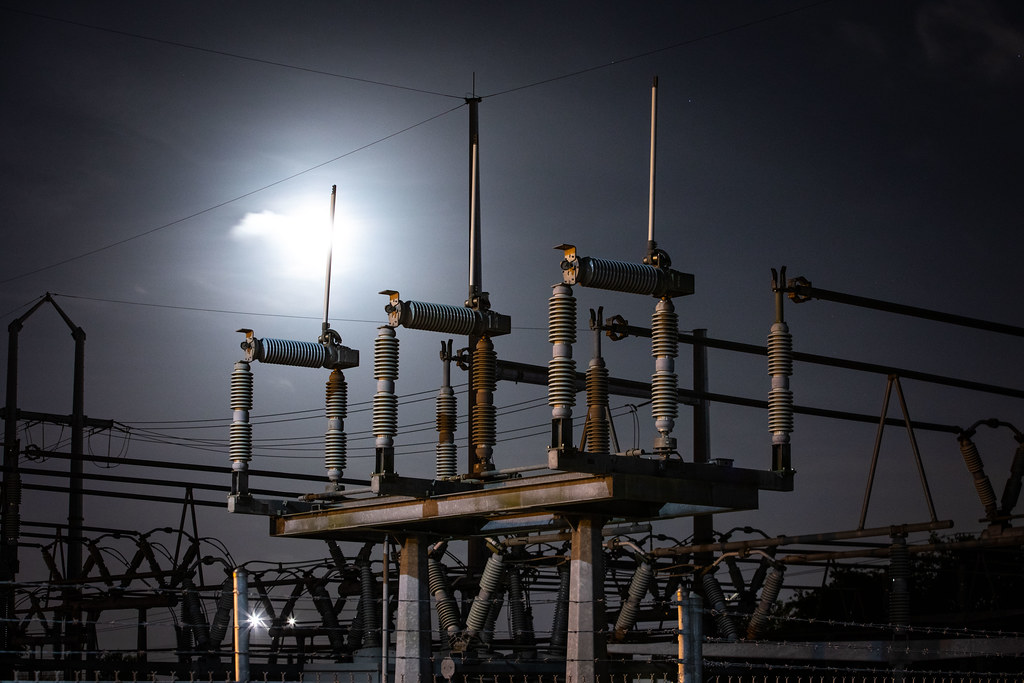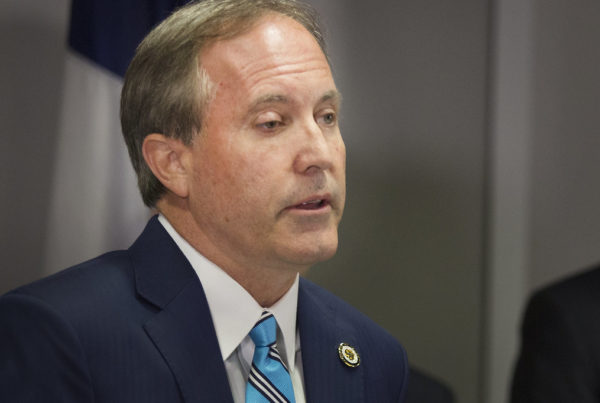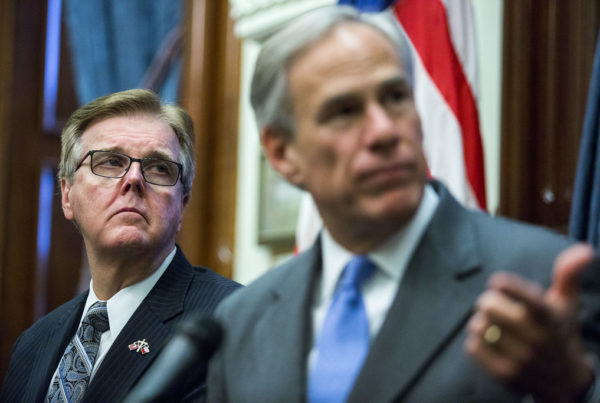On Thursday, the Texas Public Utility Commission, or PUC, approved new weatherization protocols for the state’s power generators. The standards come eight months after the deadly winter storm that cut power to most of the state, killing hundreds.
The new rules will require power producers to protect sensors from cold weather, install more insulation, and train workers on cold-weather protocols, among others things.
But there are some caveats, says Houston Chronicle reporter Shelby Webb.
“A lot of these standards are supposed to be in place by Dec. 1 of this year,” Webb, said. “That only gives about a month and a half, and some might not be able to make it. So they will have the ability to ask the Public Utility Commission and ERCOT [Electric Reliability Council of Texas] to get a reprieve from from some of these orders.”
Listen to the full interview with Webb in the audio player above or read the full transcript below to learn more about those caveats, and how officials have known about the state’s grid problems for years.
This interview has been edited lightly for clarity.
Texas Standard: What are these new standards that the PUC announced yesterday?
Shelby Webb: A lot of them were actually recommended after the major freeze in 2011 that also sent a lot of the state into darkness – not as deadly, but still pretty tragic. They will require folks to protect their sensors from cold weather operations, inspect their insulation more, establish schedules for testing and guarding against freezing temperatures and improving training and that sort of thing for staff of these systems. ERCOT [Electric Reliability Council of Texas], which is the grid manager, will also be required to inspect a lot of these facilities to make sure they’re keeping up to task. So again, these recommendations were made about 10 years ago. But now, for the first time after after this most recent winter storm, it looks like that the PUC is actually starting to act on it.
Is this what watchdog groups have been calling for? Does this go as far as as advocates wanted when it comes to change?
Webb: Maybe not as far as some folks wanted, but certainly, most of the folks that I spoke to yesterday said this is a step in the right direction and this is what should have happened after 2011.
But there are some caveats to the new rules, like the ability for some of these power generators to seek exemptions. What do you know about that?
Webb: So the power generators will be able to seek a good-cause exemption. And basically a lot of these standards are supposed to be in place by Dec. 1 of this year; that only gives about a month and a half, and some might not be able to make it. So they will have the ability to ask the Public Utility Commission and ERCOT to get a reprieve from some of these orders. At the same time, some power generators will actually be able to ask that on a permanent basis.
It’s not clear whether or not ERCOT or the PUC will be eager to grant those. I talked to one expert who said she doesn’t think it’s likely these will be rubber-stamped. But at the same time, it gives a lot of people pause, especially after the Texas Railroad Commission told some natural gas suppliers that, hey, if you pay us one $150, you can apply for a waiver and might be rubber-stamped, and you can get out of weatherizing a lot of your stuff.
If you step back from this and you think about, what if these changes had been implemented before 2021, many of those lives lost could have been saved, is the way that a lot of people see this. What has been getting in the way of changes to the current system? Why wasn’t this done after 2011?
Webb: To be frank, a lot of people have money invested in keeping the status quo, especially after 2011. You know, Texas has a deregulated electricity market and folks have done pretty well investing in that system. At the same time, I don’t think folks realized how bad it could get until we saw what happened with Winter Storm Uri, where hundreds of people died and we were almost four minutes away from a total grid collapse. So now with that, I think folks are taking this a lot more seriously, and no one wants to be politically in charge when the lights go off again. And I think that is really giving a sort of kick where folks are taking this much more seriously than they have in the past.
And the PUC isn’t done talking about this either, right?
Webb: Absolutely not. So the PUC has said that this is going to be phase 1 just to make sure that we get through this winter, just to make sure that the power producers will be able to keep the lights on. Heading into the future, they hope to establish more permanent rules to make sure that nothing like this ever happens again and that the grid remains more reliable than it has been in the past.















